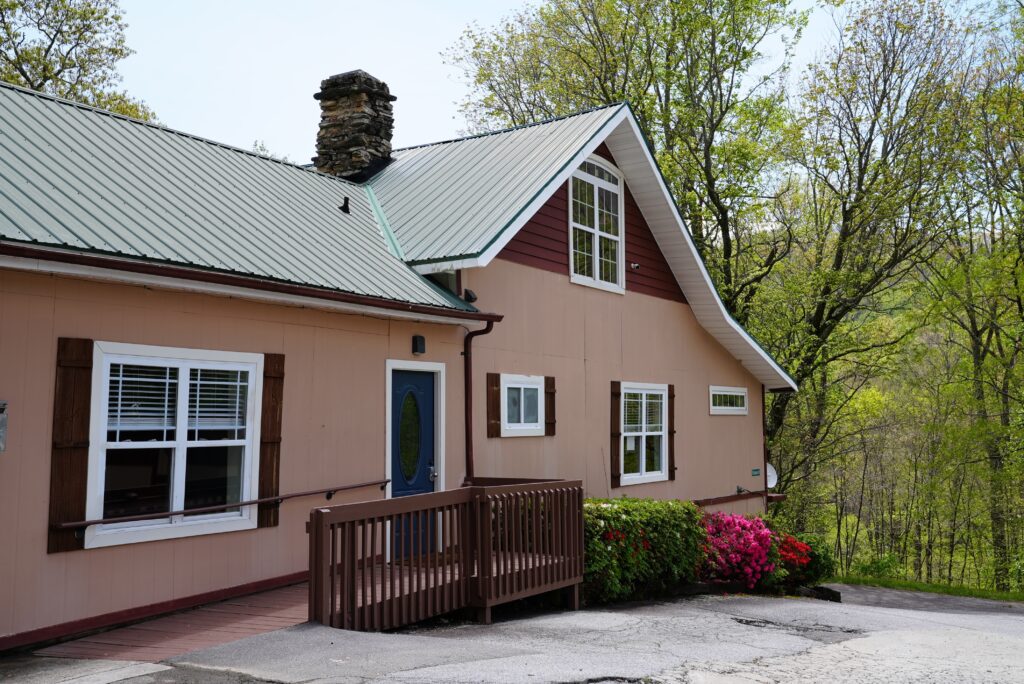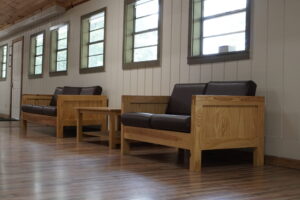When your teenager is struggling with severe mental health challenges that outpatient therapy cannot adequately address, teen residential treatment may provide the comprehensive intervention your family needs. Understanding when it’s appropriate and how to choose the right program can help you make an informed decision during this challenging time.
What Is Residential Treatment?
Residential treatment provides intensive, 24/7 therapeutic support for adolescents experiencing mental health challenges that significantly impact their ability to function safely at home, school, or in their community. Unlike weekly outpatient therapy, residential treatment creates a structured therapeutic environment where teenagers live while receiving comprehensive care designed specifically for adolescent development and healing.
These programs combine clinical therapy with supportive living environments, addressing multiple aspects of a teenager’s life simultaneously. Professional therapists, residential counselors, teachers, and experiential specialists work together to create individualized treatment plans that build practical coping skills and resilience.
When Teen Residential Treatment Becomes Necessary
Teen residential treatment typically becomes appropriate when adolescents experience persistent suicidal thoughts or self-harm behaviors, severe depression that interferes with basic functioning, anxiety that prevents school attendance or social interaction, or behavioral challenges that create safety concerns. Substance use issues, eating disorders, trauma responses, and complex mental health conditions often require the comprehensive approach that residential treatment provides.
The decision usually comes after families have tried multiple outpatient interventions without sufficient progress. When teenagers continue struggling despite therapy, medication management, and family support, residential treatment can interrupt destructive patterns and establish healthier ways of thinking, feeling, and behaving.

Key Components of Effective Programs
The most effective teen residential treatment programs integrate evidence-based clinical interventions like Cognitive Behavioral Therapy (CBT), Eye Movement Desensitization and Reprocessing (EMDR), and family therapy. Academic integration ensures teenagers continue their education through licensed, accredited programs with small class sizes and individualized support.
Family involvement represents a crucial component, with programs actively engaging families through regular therapy sessions, structured communication, and preparation for the teenager’s return home. Experiential therapy components—including outdoor adventures, art therapy, and skill-building activities—help teenagers apply therapeutic insights in practical, engaging ways.
Medical and psychiatric services address any underlying health issues or medication needs, with access to professionals who specialize in adolescent mental health.
The Treatment Process
Teen residential treatment begins with comprehensive assessment evaluating the teenager’s mental health challenges, family dynamics, academic needs, and treatment goals. The initial phase focuses on safety, stabilization, and engagement, helping teenagers adjust to the environment and begin building trusting relationships.
The intensive treatment phase involves deeper therapeutic work, active family engagement, full academic participation, and experiential activities. Teenagers work to understand underlying causes of their challenges while developing sophisticated coping strategies and practicing relationship skills.
Transition planning prepares teenagers and families for successful return to the community, including developing aftercare plans, connecting with ongoing supports, and ensuring families have necessary tools and resources.
Benefits and Outcomes
Quality teen residential treatment provides benefits extending far beyond symptom reduction. Teenagers often develop stronger emotional regulation skills, improved relationships, better academic performance, and increased resilience serving them throughout life. The intensive nature allows for accelerated progress that might take years through weekly outpatient therapy.
Many teenagers discover new interests and strengths that become part of their long-term identity. Family relationships frequently improve as both teenagers and parents develop better communication skills and more effective ways of supporting each other.

Choosing the Right Program
Selecting the right teen residential treatment program requires considering multiple factors. The clinical approach should align with your teenager’s specific needs, incorporating evidence-based therapies with experiential learning and family involvement. Look for proper accreditation, licensing, qualified staff, and appropriate staff-to-student ratios.
The treatment environment should feel safe and conducive to healing. Length of stay should be based on clinical needs rather than arbitrary limits, and family involvement policies should align with your values. Consider location, including whether natural settings might provide additional therapeutic benefits.
The Role of Environment
The physical environment significantly impacts treatment outcomes. Natural settings, particularly mountain environments, provide unique therapeutic benefits. Outdoor activities and nature-based interventions reduce anxiety and depression while improving overall mental health outcomes. Mountain environments offer calming influences that support emotional regulation while adventure activities help build confidence and problem-solving skills.
Making the Decision
Consider teen residential treatment when outpatient interventions haven’t provided sufficient improvement, safety concerns exist, family functioning is significantly impaired, or your teenager’s challenges prevent participation in normal activities. Seeking residential treatment isn’t an admission of failure but a proactive step toward providing comprehensive support for recovery and long-term success.
Trust your parental instincts. If you’re considering teen residential treatment, your teenager likely needs more intensive support than outpatient services can provide. Quality residential programs offer hope, healing, and tools necessary for building a fulfilling, healthy future.
Finding Hope Through Teen Residential Treatment
Teen residential treatment offers hope for families facing challenging adolescent mental health crises. When provided by qualified professionals in supportive environments, residential treatment can transform lives and restore family relationships. The investment often yields lifelong benefits, with teenagers developing coping skills, self-awareness, and resilience that serve them into adulthood.
If your teenager is struggling with mental health challenges that haven’t responded to outpatient treatment, don’t lose hope. Teen residential treatment programs like BlueRock Behavioral Health can provide the comprehensive intervention your teenager needs while supporting your entire family through this difficult time.




















